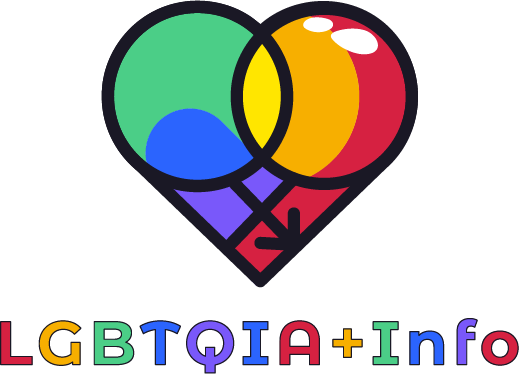Prospective parents from diverse backgrounds share concerns about legislation affecting family building, particularly within the LGBTQ+ community. A recent report sheds light on the heightened stress caused by the consideration of fetal and embryonic personhood bills across several states.
Commissioned by SurrogateFirst, a study on fertility legislation reveals significant apprehension among intended parents, with a staggering 98% expressing worry about potential restrictions on family-building services.
The catalyst for this concern stems from the recent Alabama Supreme Court ruling granting legal rights to frozen embryos, a decision that reverberated fear throughout the assisted reproduction community.
The ruling, which equates frozen embryos with children, has implications for in vitro fertilization (IVF) procedures, potentially criminalizing mishandling or destruction of embryos.
Consequently, several IVF providers in Alabama ceased operations, severely limiting access to assisted reproduction methods for LGBTQ+ individuals, single people, and those facing fertility challenges.
This trend extends beyond Alabama, as other states contemplate similar legislation defining embryos and fetuses as people. LGBTQ+ prospective parents, who disproportionately rely on assisted reproductive technology, fear the ramifications of such laws on their ability to conceive.
Although fetal personhood bills historically targeted abortion rights, there’s growing concern that they could inadvertently impact IVF procedures.

SurrogateFirst’s study reflects this anxiety, with 50% of same-sex couples expressing extreme concern about these bills, compared to 41% of heterosexual couples.
Surrogates, often pivotal for LGBTQ+ individuals and gay men in family-building journeys, also share apprehensions regarding potential impacts on IVF and surrogacy.
The study underscores the consensus among intended parents that fetal personhood laws will disproportionately affect same-sex parents. Despite concerns, the majority of surrogates remain determined to assist in family formation, reflecting a resilience in the face of legislative uncertainty.
While the immediate impact of these laws on surrogates remains minimal, the broader implications are significant. Several states have either enacted or proposed legislation granting personhood rights to embryos, prompting a nationwide reevaluation of reproductive rights laws.
Learn more about the powerful impact of LGBTQIA Pride events: Embrace love, diversity, and equality in this inspiring journey of acceptance and inclusion!
This debate has put lawmakers in a precarious position, balancing public support for IVF accessibility with the demands of their political bases.
As conservative states move towards restricting reproductive rights, liberal states like Illinois and Michigan are taking proactive measures to safeguard IVF services. Illinois Governor J.B. Pritzker positioned his state as a sanctuary for reproductive rights, welcoming individuals from neighboring conservative states.
Michigan recently enacted legislation offering crucial protections for LGBTQ+ couples utilizing fertility treatments, signaling a commitment to reproductive freedom and inclusivity.
The evolving landscape of fertility legislation underscores the complex intersection of reproductive rights, LGBTQ+ equality, and political ideology. As prospective LGBTQ+ parents navigate these uncertain times, advocacy and legislative action remain crucial in ensuring equitable access to family-building services.

